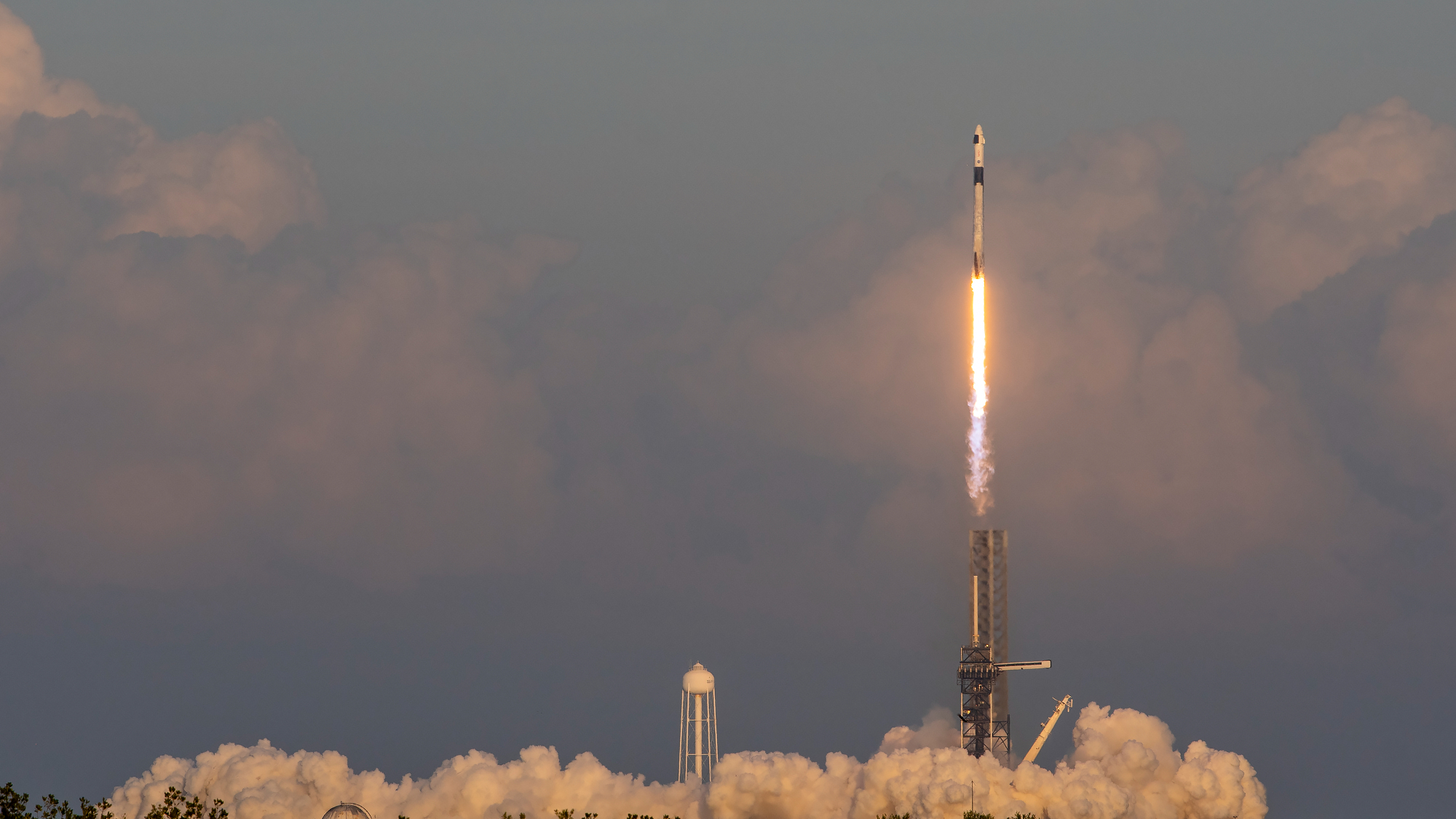Number of Worldwide Space Agencies on the Rise

The number of nations with national space agencies hascontinued a sharp climb after a pause in the 1990s, rising from 40 in 2000 toabout 55 in 2009, according to a survey by Paris-based Euroconsult.
Some of these nations' space endeavors remain fragile, oneor two projects often focused on small Earth-observation satellites.Euroconsult suggests it is too early to determine whether these neworganizations will receive the government funding needed to establishthemselves permanently.
In its survey "Profiles of Government Space Programs: Analysisof 60 Countries & Agencies," Euroconsult says that globally, civilgovernment space spending increased by 9 percent in 2009 in U.S. dollar terms,reaching $36 billion.
Growth was faster for the military space sector, withgovernments in 2009 increasing their spending to $32 billion, a 12 percentincrease over 2008.
Separating civil from military programs is no small task,especially in nations that use military personnel for civil space efforts orspecialize in dual-use systems that are sometimes funded from what areostensibly nonmilitary institutions.
Similarly, setting a dollar value on the work of anaerospace engineer in Russia, Indiaor China, for example, often results in analyses that seem detached from thereality of a given nation's known space effort.
To say the United States remains the dominantplayer in space investment in dollar terms is an understatement.Euroconsult set total U.S. civil and military space spending at $48.8 billionin 2009, or nearly 72 percent of the world's total government space outlaysthat year.
Get the Space.com Newsletter
Breaking space news, the latest updates on rocket launches, skywatching events and more!
Europe, including the 18-nation European Space Agency andits member governments' separate national budgets, plus a modest military spaceeffort, was next, with a budget estimated at $7.9 billion. Japan's spacebudget, which is likely to expand under a rewritten space policy, topped $3billion in 2009.
Euroconsult fixes Russia's 2009 space spending at $2.8billion, saying the Russian government has increased national spaceexpenditures by 40 percent, on average, for the past five years.
The survey estimates China's spacespending, both civil and military, at more than $2 billion, with India's atslightly more than $900 million.
Join our Space Forums to keep talking space on the latest missions, night sky and more! And if you have a news tip, correction or comment, let us know at: community@space.com.

Charles Q. Choi is a contributing writer for Space.com and Live Science. He covers all things human origins and astronomy as well as physics, animals and general science topics. Charles has a Master of Arts degree from the University of Missouri-Columbia, School of Journalism and a Bachelor of Arts degree from the University of South Florida. Charles has visited every continent on Earth, drinking rancid yak butter tea in Lhasa, snorkeling with sea lions in the Galapagos and even climbing an iceberg in Antarctica. Visit him at http://www.sciwriter.us









